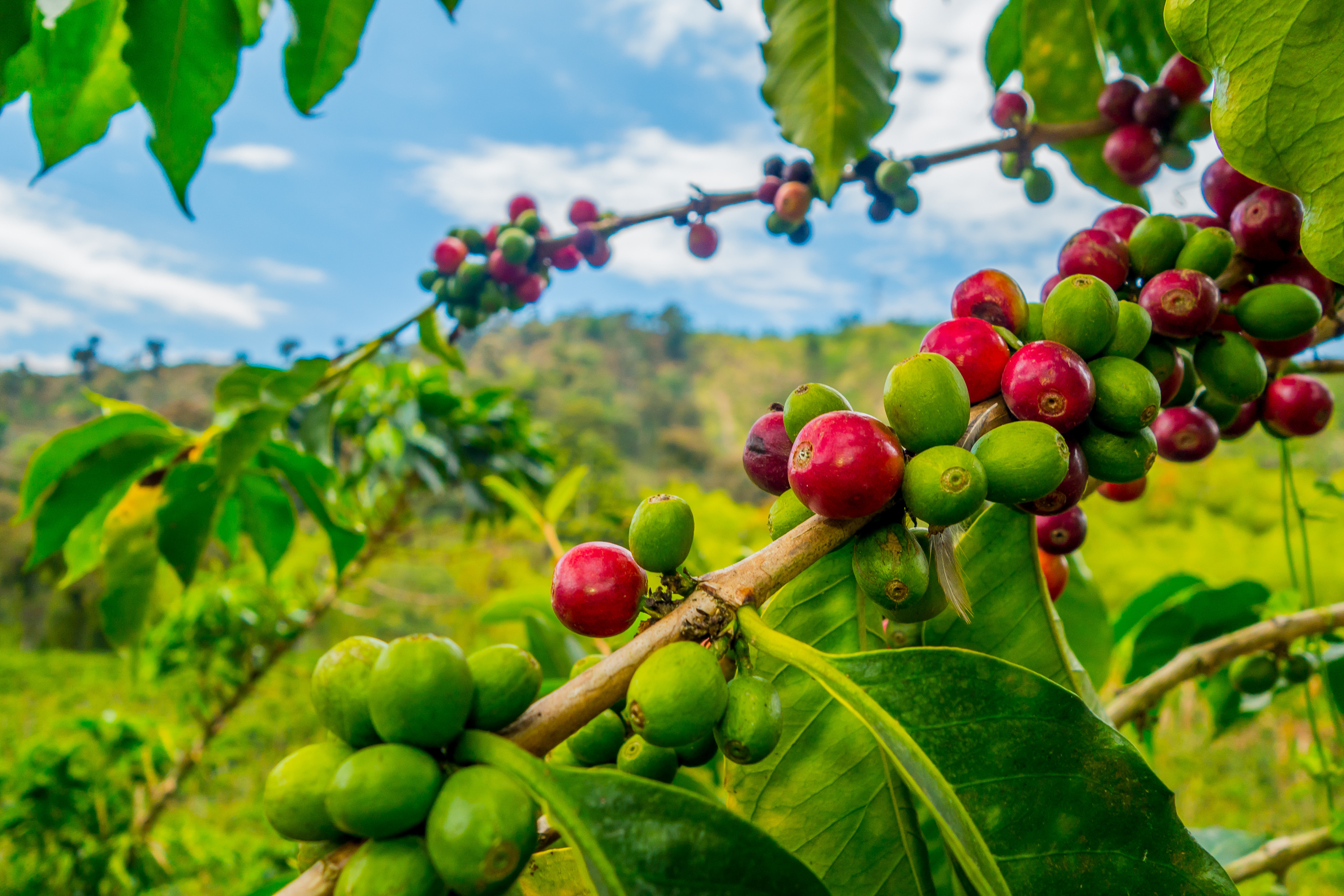
Ethiopia, often hailed as the birthplace of coffee, has a deep-seated connection to this cherished beverage that transcends cultural significance, permeating daily life and traditions. Beyond its cultural roots, coffee serves as a cornerstone of Ethiopia’s economy, playing a pivotal role in employment, environmental conservation, and national revenue generation.
Agricultural is backbone for Ethiopia’s economy sector contribute to over 40% of the country’s GDP. Additionally, it serves as the primary source of employment for more than 80% of the Ethiopia’s workforce and accounts for a significant 83.9% of exports. The leading agricultural commodities in Ethiopia include coffee, sesame seeds, and pulses. Coffee is most valuable export commodity, contributing approximately 25% to 30% of the nation’s total export earnings. This substantial revenue stream bolsters the country’s foreign exchange reserves and supports various sectors of the economy. In the fiscal year 2021-2022, coffee exports accounted for 35% of Ethiopia’s merchandise exports, underscoring its significance in international trade.
The impact of coffee exports extends beyond mere revenue generation; it plays a crucial role in Ethiopia’s gross domestic product (GDP). Studies have demonstrated a positive correlation between coffee exports and economic growth, highlighting the sector’s influence on national development. Moreover, the coffee industry’s contribution to GDP is complemented by its role in stabilizing the trade balance, as earnings from coffee exports help mitigate trade deficits.
The coffee sector is a linchpin for employment in Ethiopia, engaging a significant portion of the population. Estimates suggest that between 15 to 20 million Ethiopians are directly involved in coffee production, encompassing cultivation, processing, and distribution. This widespread participation provides livelihoods, supports rural economies, and contributes to poverty alleviation.
Beyond direct employment, the coffee industry stimulates rural development by increasing infrastructure improvements, such as roads and processing facilities, and by encouraging investment in agricultural technologies. These developments enhance productivity and the quality of coffee, further integrating Ethiopia into global coffee markets.
Ethiopian coffee cultivation is traditionally characterized by small-scale, shade-grown methods that align with environmental conservation practices. This approach preserves biodiversity, maintains increase cover, and supports sustainable land management. The integration of coffee farming with increase ecosystems contributes to carbon sequestration and soil preservation, mitigating the impacts of climate change.
Recognizing the environmental importance of coffee cultivation, initiatives have been launched to promote sustainable farming practices. For instance, the Climate Investment Funds approved a $500 million plan to address land degradation, protect forests, and enhance food security in Ethiopia. This program aims to rehabilitate over 320,000 hectares of land, increasing environmental resilience and supporting the livelihoods of communities dependent on coffee farming.
Despite its numerous benefits, the Ethiopian coffee industry faces challenges that threaten its sustainability. Climate change poses a significant threat, the European Union Deforestation Regulation (EUDR), with altered rainfall patterns and temperatures affecting coffee yields and quality. Additionally, deforestation and land degradation jeopardize the traditional shade-grown methods that are integral to Ethiopia’s coffee culture and environmental sustainability.
To address these challenges, comprehensive strategies are essential, focusing on sustainable farming techniques, reforestation, and climate-resilient agricultural practices. Collaborations between the government organizations like ministry of agriculture, agricultural transformation institute (ATI), higher education institutions, development partners, private sector players and other stakeholders should play vital roles to mitigate and implement policies that safeguard the future of coffee production and the environment.
Ethiopia’s coffee industry is more than an economic asset; it is a cultural treasure and an environmental steward. Its contributions to the economy, employment, and environmental conservation are profound, influencing the livelihoods of millions and the nation’s development trajectory. Preserving and enhancing the sustainability of this sector is imperative, requiring concerted efforts to address challenges and promote practices that ensure the enduring legacy of Ethiopian coffee for generations to come.
